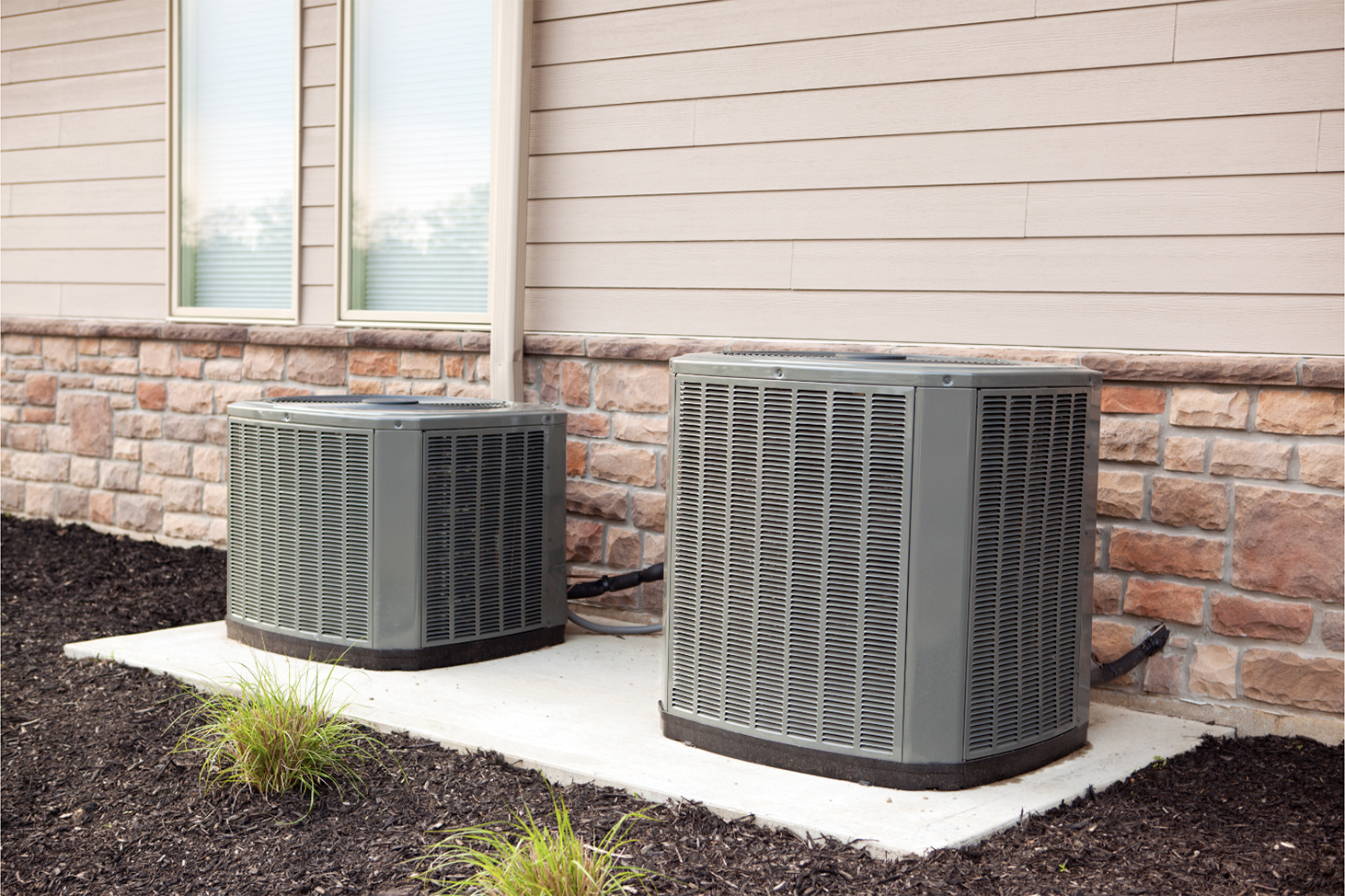
As a homeowner, ensuring the comfort and well-being of your family is a top priority. One crucial aspect of maintaining a comfortable home environment is the HVAC (Heating, Ventilation, and Air Conditioning) system. Over time, HVAC systems experience wear and tear, leading to decreased efficiency and potential malfunctions. Knowing when to replace your HVAC system is essential to avoid unnecessary discomfort, high energy bills, and costly repairs. In this blog, we will explore the key indicators that homeowners should be aware of to determine if it’s time to replace their HVAC system.
Age of the System
One of the primary factors to consider when assessing the need for an HVAC replacement is the age of the system. On average, HVAC systems have a lifespan of 15 to 20 years. As systems age, their efficiency declines, resulting in increased energy consumption and reduced performance. If your HVAC system is approaching or exceeding this age range, it may be more cost-effective to replace it rather than continuing with repairs and experiencing suboptimal comfort.
Frequent and Costly Repairs
If your HVAC system requires frequent repairs or the repair costs are becoming substantial, it might be a clear sign that it’s time to invest in a new system. Continuously repairing an aging HVAC system not only adds up financially but also indicates that the system is no longer reliable or efficient. Not to mention the cost of R22 freon in old systems now runs hundreds of dollars per pound as it is no longer made, topping off low-levels or addressing leaks can be very costly.
By opting for a replacement, you can save money in the long run and enjoy the benefits of a more reliable and energy-efficient system.
Decreased Energy Efficiency
As HVAC systems age, they tend to lose their energy efficiency. Older systems may struggle to maintain the desired temperature, leading to increased energy consumption and higher utility bills. If you notice a significant increase in your energy costs without any reasonable explanation, it’s worth considering a replacement. Newer HVAC systems are designed to be more energy-efficient, which can result in substantial savings on your monthly energy bills while providing enhanced comfort.
Uneven Heating or Cooling
Uneven heating or cooling throughout your home is another indicator that your HVAC system may be nearing the end of its lifespan. If certain rooms consistently feel too warm or too cold, it could be a sign of underlying issues with your system. Inefficient distribution of airflow can occur due to aging components or ductwork problems. By replacing your HVAC system, you can ensure even and consistent temperature control throughout your home, improving comfort levels for everyone.
Outdated Technology
Advancements in HVAC technology have led to more energy-efficient and environmentally friendly systems. If your current HVAC system lacks modern features such as programmable thermostats, zoning capabilities, or smart home integration, it may be time to upgrade. Newer systems offer enhanced control, improved energy management, and compatibility with smart devices, allowing you to optimize comfort while minimizing energy waste.
Are You Considering an HVAC Replacement?
Knowing when to replace your HVAC system is crucial for maintaining a comfortable and energy-efficient home. By considering factors such as the age of the system, frequent repairs, decreased energy efficiency, uneven heating or cooling, and outdated technology, homeowners can make informed decisions about replacement. Remember, consulting with HVAC professionals is essential to assess your specific needs and ensure the right system is chosen for your home. By investing in a new HVAC system, you can enjoy improved comfort, reduced energy costs, and peace of mind knowing that your home’s heating and cooling needs are well taken care of. Contact us for a free estimate today!

